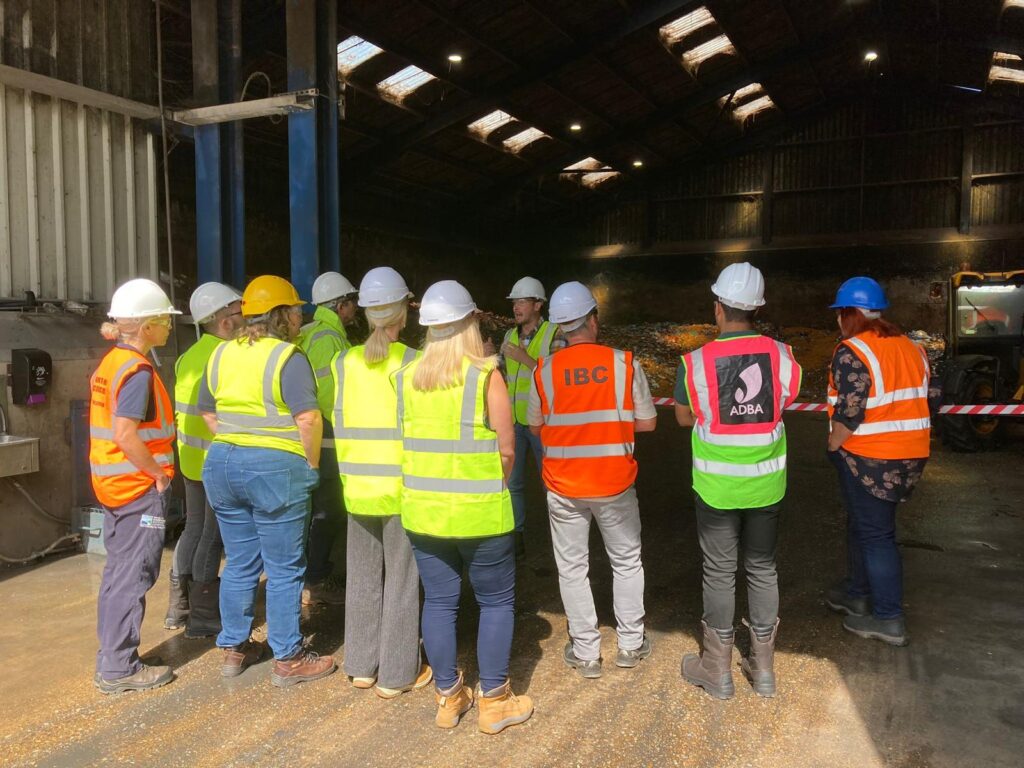Speaking at the Local Authority Recycling Advisory Committee (LARAC) conference, Dr Gilbert told recycling officers that she acknowledged the problems that they had faced with composting during the summer. But she said that with DEFRA commissioning a risk assessment into the safety of composting kitchen waste and WRAP's work on standards she there was light at the end of the end of the tunnel in what had been a “very difficult year for composting”.
Dr Gilbert encouraged local authorities not to lose faith in composting as she said it can play a major part in helping to meet government targets. She added that she was confident that the risk assessment will answer many of the questions that currently hang over the composting industry, despite the tight time-scale which will see a provisional report produced by the end of the year.
Dr Gilbert said that WRc, the research organisation carrying out the risk assessment, has done a lot of work in the sewage sludge industry and have experience with sewage sludge pathogens which they will be able to apply to compost. She added: “I am confident that the risk assessment will answer some of the questions in the short-term.”
Soil protection measures are also vital and Ms Gilbert raised the importance of the draft soil strategy which could set a basis for use of composts and the forthcoming sludge directive which could have implications for composting. Ms Gilbert also praised WRAP's work on standards which will help the industry to progress as well as the organisation's work into looking at when compost ceases to be waste and becomes a product.
Dr Gilbert also said that the UK should look to Europe and follow best practice examples such as have been championed in Belgium. But she added that we should learn from the mistakes that have been made in Germany and Austria where in her opinion the industry has been over regulated.











Subscribe for free